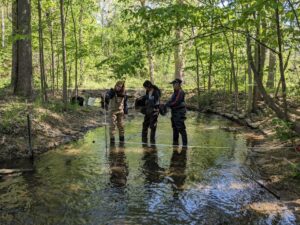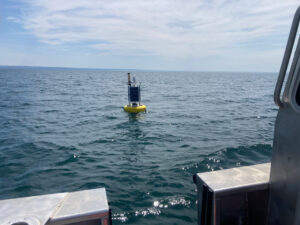Extech HDV650 Series Plumbing VideoScope Kit
The HDV650 Series Plumbing VideoScope Kit is designed for a complete solution to inspect drains and pipes.
Features
- Video and images can be transferred to a PC via the SD card or USB output
- Video recording (up to 4 hours) with voice annotation
- Rugged oil/chemical resistant and water/drop proof housing (IP67)
- Free ground shipping
- Expedited repair and warranty service
- Lifetime technical support
- More
The Extech Plumbing VideoScope Kit includes all of the necessary tools to inspect drain and pipe runs. The kit includes a large, waterproof, rugged, high-definition color display with choice of 10 or 30 meter fiberglass cable. The 25 millimeter camera head fits in tight spaces. The built-in bright lights help illuminate the problem areas deep within a pipe run.
The included SD memory card inlcudes storage for 15,000 images. Video recordings with voice annotations can last up to 4 hours. The images and video can be directly transmitted for viewing on a monitor via AV output, and transferred to a PC via the SD card or USB output. A wireless kit is available to transmit images and video up to 100 feet from the measurement point to the monitor.
- Camera minimum focus distance: 2.36" (60mm)
- Camera field of view: 65°
- Camera shaft diameter: 0.98" (25mm)
- Camera working length: 32.8ft (10m) or 98.4ft (30m)
- Borescope LCD color TFT display: 5.7" (14.5cm) size; 5.3” (13.5cm) viewable
- Borescope pixels: 640 x 480 VGA pixel resolution
- Borescope frame rate: 30 fps frame rate (NTSC & PAL)
- Borescope operating: up to 4 hours AVI video
- Warranty: 1 year
- (1) Videoscope
- (1) 25mm camera probe
- (1) SD memory card
- (1) 3.7V rechargeable Li-Polymer battery
- (1) Patch cable
- (1) Universal AC adapter (110-240V, four plugs)
- (1) USB cable
- (1) AV cable
- (1) Hard-sided carrying case
- (1) Fiberglass cable spool assembly
In The News
Lake Erie Volunteer Science Network: Building Trust in Citizen Science Programs
Citizen science programs have popped up across the United States, focusing on connecting local communities with nearby water resources and building a trustworthy data pool over the sampling period. While commonly utilized as a means of ensuring that large watersheds or lake regions are adequately sampled, the credibility and success of such programs have been called into question. [caption id="attachment_38996" align="alignnone" width="940"] HRWC volunteers measure stream velocity across a subsection of Woods Creek, a tributary of the Huron River near Belleville, Michigan. Stream velocity measurements can be combined with water level measurements to calculate stream flow and chemical parameter loads.
Read MoreMonitoring Lake Erie’s Eastern Basin: Building Long-Term Data and Real-Time Public Solutions
In the eastern basin of Lake Erie, off the coast of Dunkirk, New York, a data buoy collects valuable water quality, weather, and wave data that inform residents and regulatory groups of conditions on the water. Since 2011, Buffalo State University’s Great Lakes Center has maintained and operated the Dunkirk buoy with funding from the Great Lakes Observing System (GLOS) and field support from the NYSDEC Lake Erie Fisheries Research Unit. [caption id="attachment_38976" align="aligncenter" width="940"] The Dunkirk Buoy viewed from the research vessel after being deployed in early spring.
Read MoreSonTek CastAway-CTD Meter Review
Lightweight and easy to use, the SonTek CastAway offers a convenient 3-in-1 solution for measuring conductivity, temperature, and depth profiles. At a 5 Hz sampling rate, the CastAway is designed for up to 1 m/s free-fall through the water column. With fast response and accurate conductivity, temperature, and depth measurements, the CastAway is ideal for thermocline and halocline profiling. The unit also reports salinity and speed of sound. [caption id="attachment_38732" align="alignnone" width="940"] Environmental scientist, Katelyn Kubasky, holding the SonTek CastAway in front of the pond at the Fondriest Center for Environmental Studies.
Read More













